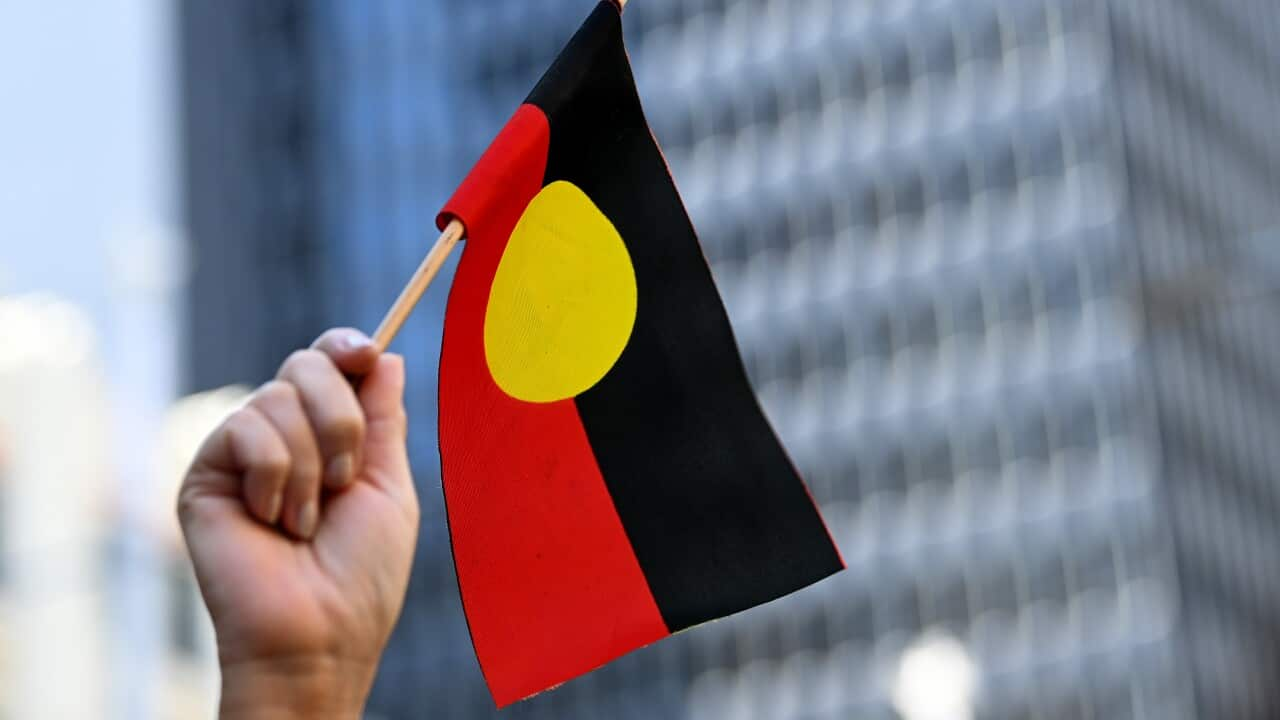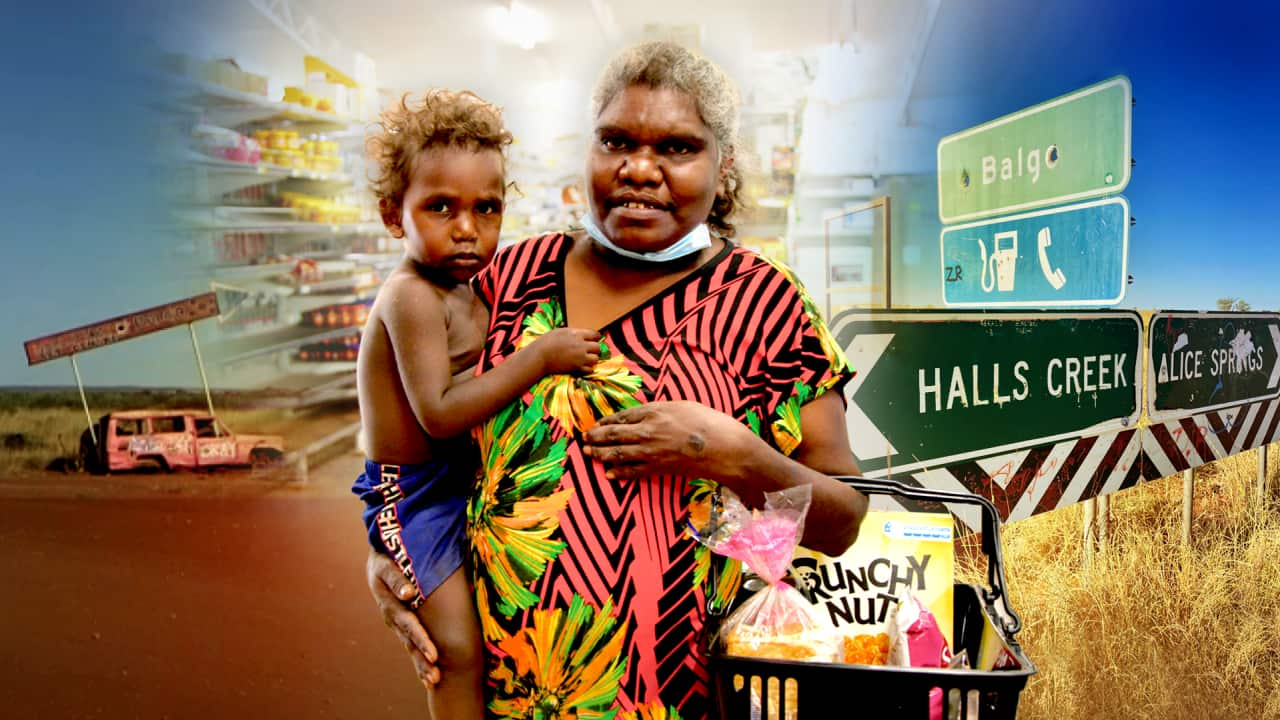A new report has revealed that Aboriginal and Torres Strait Islander people are "almost entirely absent" from executive positions at work.
In a first of its kind, the Indigenous Employment Index (IEI) was launched on Tuesday, providing a detailed snapshot of employment outcomes and practices and employee experiences for Aboriginal and Torres Strait Islander people.
The index provides insight from 700,000 Australians making up 5 per cent of the country's total workforce. Woolworths Group, ANZ and Australia Post are among the 42 organisations that took part in the research, including state public agencies.
Co-authored by the Minderoo Foundation, Murawin and Bankwest Curtin Economics Centre, the Woort Koorliny ('moving forward') report aims to provide insights into Indigenous employee experiences to develop standards and benchmarks for future growth in the workplace.
The report starkly highlighted only 0.7 per cent of Indigenous Australians hold senior leadership positions within the 31 employers that reported the relevant data.
Nyoongar woman and CEO of Minderoo Foundation's initiative, Generation One, Shelley Cable, said the disparity was "hugely disappointing" for both Indigenous Australians and businesses lacking diverse perspectives in their executive teams.
"It's equally disappointing for employers who were really missing out on the value and the perspectives that Indigenous Australians can bring to leadership tables," Ms Cable said.
"We know that there's such incredible leadership amongst Indigenous Australians in this country, and to see that not reflected in the leadership of corporate Australia, it's probably unnatural."

Shelley Cable is a Nyoongar woman and CEO of Minderoo Foundation's Generation One initiative. Credit: Minderoo Foundation / Benjamin Horgan
One Indigenous employee in the report said that there was a "fear" of jeopardising their career if they called out racism in the workplace.
Another said that "it's very tough" being an Aboriginal person working for a large corporation.
"You just want that support from Aboriginal people. You need to, you know, have that yarn."
The report also highlighted that the Indigenous employment gap remains gaping.
As of 2018, 49.1 per cent of Indigenous Australians were employed, compared to 75.9 per cent of the non-Indigenous employed population.
Indigenous businessman Nyunggai Warren Mundine, descending from Bundjalung, Gumbaynggirr and Yuin, said the general public has a lot to learn from Indigenous perspectives in the workplace.
"If we are really going to make a difference for Indigenous people ... the only way we can do that is by building economic prosperity for Indigenous people. The only way you can do that is by giving a person a job," Mr Mundine said.
"I'm a big believer that giving a person a job is the best thing you can ever do in your life."
Mr Mundine sad while numbers are important, the true strength of employers lies in listening to their staff, especially those from Aboriginal and Torres Strait Islander backgrounds.
"Some of them are coming from a background of a generation of no work ... you're bringing people from welfare, from poverty, you're giving them opportunity to work.

Nyunggai Warren Mundine is a businessman, author and community leader for Aboriginal people. Source: AAP
While Ms Cable said many companies - particularly those involved in the IEI - had good intentions in recruiting more Indigenous staff, more work needed to be done to ensure workplaces were culturally safe for all for them to stay employed there.
"Employers have this very strong tendency to focus on recruitment and attraction of Indigenous employees and getting them in the door. But there's not the same focus applied once they're in.
"What we're asking employers to do is really take as much effort in retaining your Indigenous staff helping them progress and promoting them through the organisation."
The IEI is calling on the new government to commit to regularly providing employment data on Indigenous people - data that is not readily accessible.
Ms Cable said the first step in ensuring the gap between Indigenous and non-Indigenous employment is to make the data more transparent for all.
"Closing the data gap around Indigenous employment is an absolute must if we want any chance of closing the Indigenous employment gap."
As part of the National Agreement on Closing the Gap, the federal government has pledged to close the employment gap for Indigenous youth to 67 per cent by 2031, down from 57 per cent in 2016.
It has also pledged to work towards a target of closing the gap of Indigenous adult employment to 62 per cent, down from 51 per cent in 2016.












